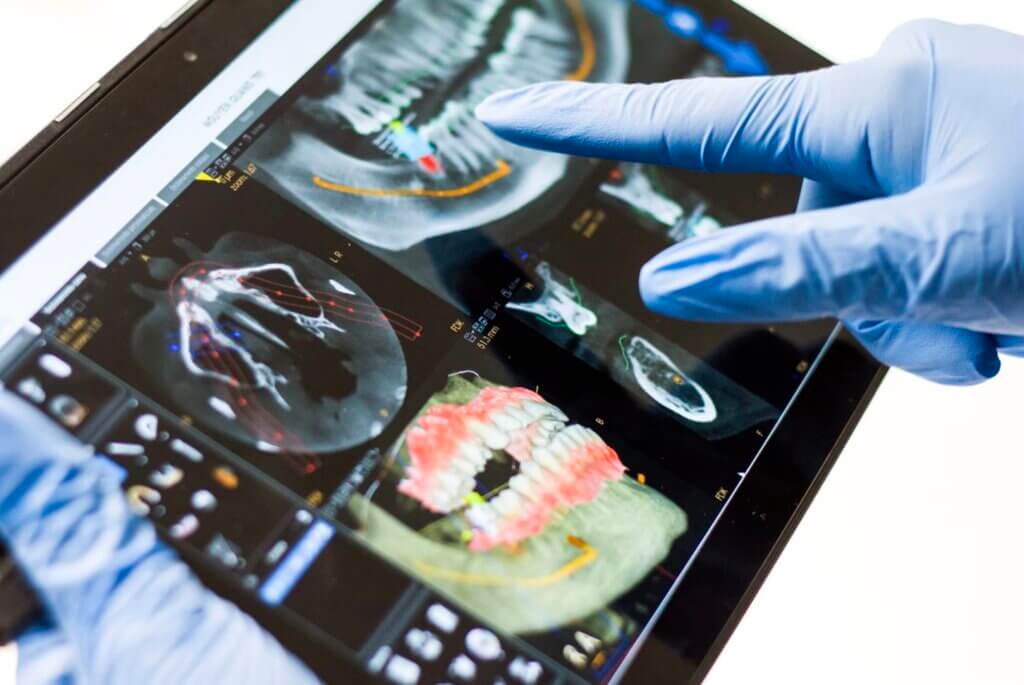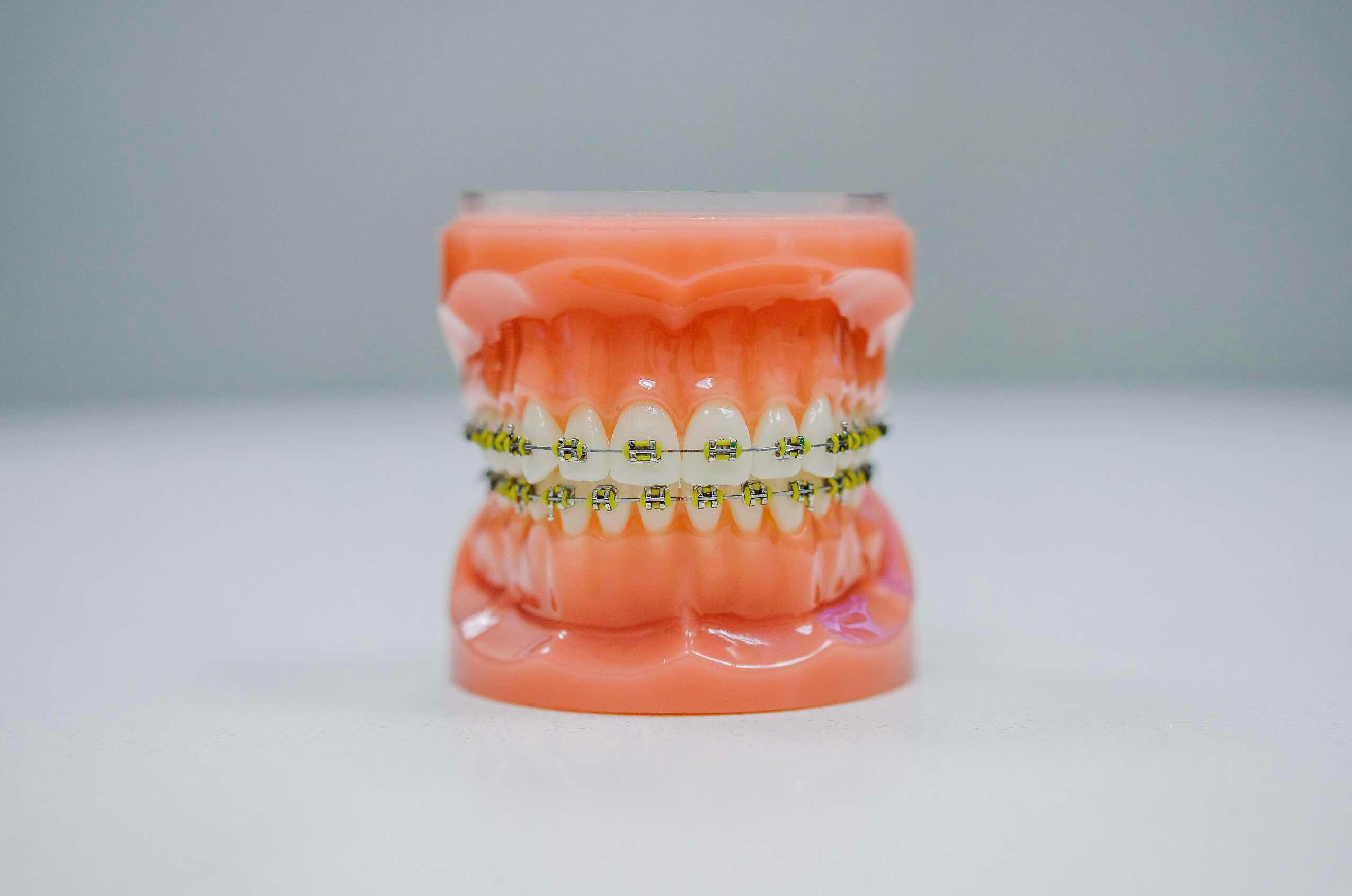Braces are commonly used to straighten teeth that aren’t in alignment. Corrective dental braces do have a high rate of success, and they leave you with oral health benefits that go beyond a perfect smile. Braces are most often prescribed during childhood or early adolescence. However, adults are also getting braces more frequently.

signs you need braces
The signs that an adult needs braces can vary according to age and overall dental health. Adult braces are becoming increasingly common, and outcomes from adult braces are mostly positive.
Symptoms that can indicate you need braces include:
- teeth that are visibly crooked or crowded
- difficulty in flossing and brushing around crooked teeth
- frequent biting your tongue or cutting your tongue on your teeth
- teeth that don’t close over each other properly when your mouth is at rest
- jaws that click or make noises when you chew or first wake up
- stress or fatigue on your jawline after chewing food
When does your child needs braces?
If your child needs braces, it can be a little more difficult to tell. Children with baby teeth that are crooked or crowded could be a sign that they will need braces in the future.
Other signs include:
- breathing through the mouth
- jaws that click or make other sounds
- prone to biting the tongue, roof of the mouth, or inside of the cheek accidentally
- thumb-sucking or using a pacifier past the age of 2
- early or late loss of baby teeth
- teeth that don’t come together even when the mouth is shut completely
- teeth that are crooked or crowded

The American Academy of OrthodonticsTrusted Source recommends that all children have an appointment with an orthodontist no later than age 7. The logic behind this recommendation is that when a need for braces is identified, early treatment can improve outcomes. Even children with no visible crowding or slant to their teeth can benefit from a check-in with an orthodontist.
Technically, you’re never too old for braces. However, that doesn’t mean you should continue to put off treatment. Whenever you’re ready to pursue treatment for crowded or crooked teeth, you can schedule an appointment. You usually don’t need a referral from a dentist to make an appointment with an orthodontist. Remember that as you age, your jaw will continue to grow, which can cause an increased crowding or narrowing of your teeth. If you wait on treating an overbite or crooked teeth, the problem won’t improve or resolve itself.
The sooner you can speak with a professional about getting braces, the better


